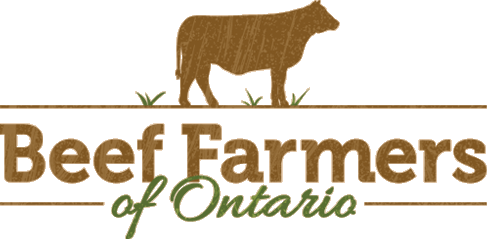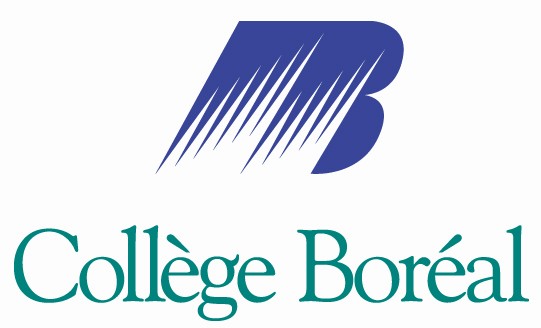Program takes eight weeks to complete
By Diego Flammini
Assistant Editor, North American Content
Farms.com
Northern Ontario students with an interest in beef cattle production can study it formally with the introduction of Collège Boréal’s new Beef Cattle Farming program at their Kapuskasing campus.
The curriculum makes Collège Boréal the first post-secondary school to offer an agriculture program in Northern Ontario.
In partnership with Beef Farmers of Ontario (BFO), the Ontario Ministry of Agriculture, Food and Rural Affairs (OMAFRA) and the Kashechewan First Nation, the eight-week program includes a variety of subjects related to beef cattle farming.


The program includes theory and practical education and takes place at the Kapuskasing Demonstration Farm – an 850-acre plot used for beef, sheep and pork production. The farm also includes board rooms, a laboratory and equipment.
The introduction of the Beef Cattle Farming program coincides with BFO’s interest in agriculture in Northern Ontario.
"For many reasons, BFO has identified Northern Ontario as an ideal region to expand beef production in the province. Providing educational opportunities and resources for those who are interested in raising beef cattle is a priority for BFO,” Matt Bowman, BFO president, said in a statement.
“Our collaboration with Collège Boréal, the Kashechewan First Nation and the Kapuskasing Demonstration Farm will provide students with the opportunity to explore beef production and the economic and environmental benefits it provides to Northern communities.”
More information on the program can be obtained through Collège Boréal’s website.
More than 98,000 cattle were raised in Northern Ontario home in 2011, according to OMAFRA.